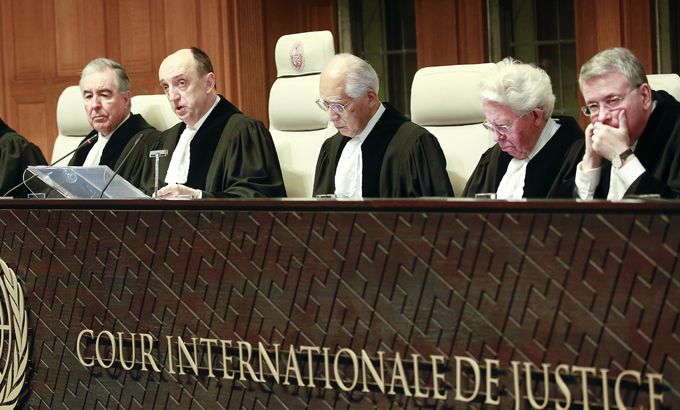
Croatia vs Serbia genocide claims
Can the former Yugoslav republics achieve justice and reconciliation without responsibility?
Croatia and Serbia are suing each other in the International Court of Justice in the Hague. Both Balkan states accuse the other of genocide.
The hearings refer to events that took place in Croatia during the 1991-1995 war in which an estimated 20,000 people were killed.
Genocide is the most serious of international crimes but one of the hardest to prove.
Since the International Court of Justice was established in 1945, it has only ruled once that genocide was committed. That was in relation to Srebrencia, when Bosnian Serb forces killed thousands of Bosnian Muslim civilians in 1995.
But while the court acknowledged Bosnian Serbs forces committed a genocide, the ICJ stopped short of declaring Serbia responsible.
Both Zagreb and Belgrade said previously they would consider withdrawing their cases if certain conditions were met. But as the hearings drew closer, politicians on both sides concluded it was too late for an agreement on a withdrawal.
A final decision could take up to a year, and cannot be appealed but will the hearings help heal wounds from the past? Or does the judgement risk causing further division?
Presenter: Sami Zeidan
Guests: Sonja Biserko – president of the Helsinki Committee for Human Rights in Serbia
Geoffery Nice – former chief prosecutor in the war crimes trial of former Yugoslav president Slobodan Milosevic
Marko Milanovic – a lecturer at the University of Nottingham’s school of law, and an associate at the Belgrade Centre for Human Rights